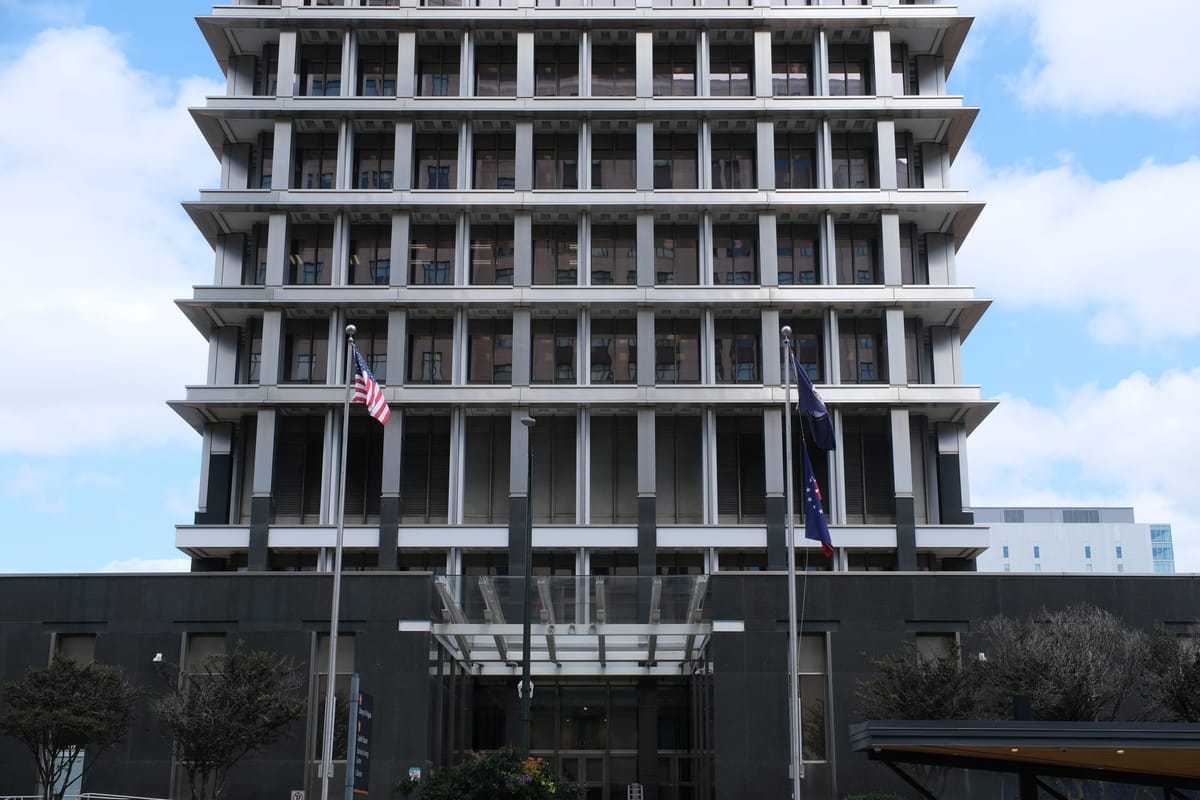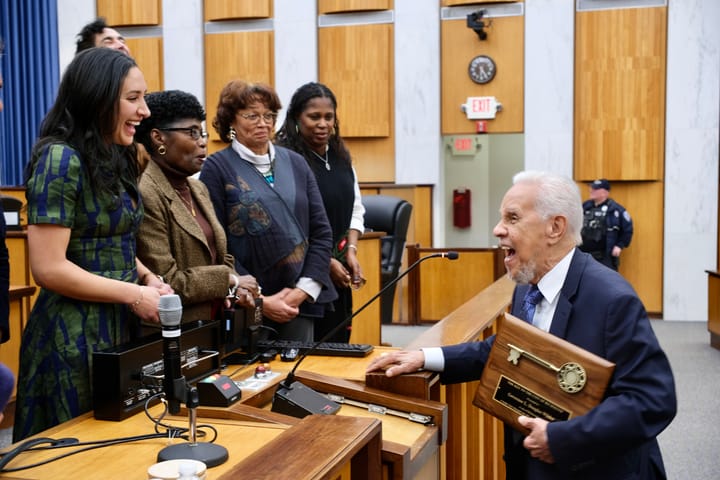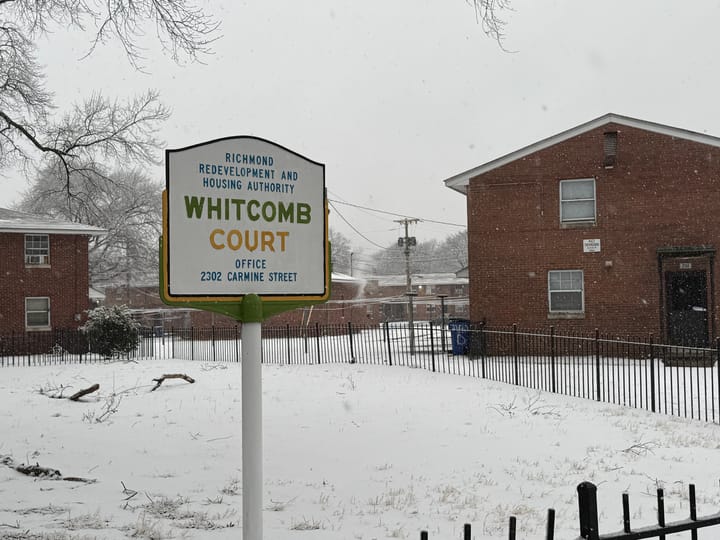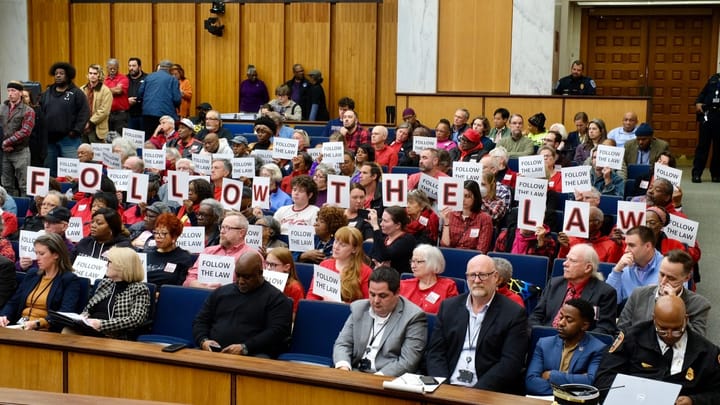
City’s hired attorneys ask judge to block former FOIA officer from filing FOIA requests
The city of Richmond wants a judge to order its former Freedom of Information Act officer to stop filing FOIA requests for city documents.
In recent court filings in former FOIA officer Connie Clay’s lawsuit claiming she was wrongfully fired for speaking up about Richmond’s failure to follow transparency laws, the city’s lawyers accused Clay of filing burdensome FOIA requests related to her ex-boss, former city spokeswoman Petula Burks.
The city’s representatives also accused Clay of “leaking incorrect information to the news media about this case” and accused her of helping to stir up news coverage of how much the city is paying attorneys from Ogletree Deakins law firm to fight Clay in court.
“Plaintiff has submitted FOIA requests seeking the city of Richmond’s legal invoices from its outside counsel, Ogletree Deakins, and has already disseminated these materials to the press,” the city’s lawyers wrote in a July 30 filing seeking an “enhanced protective order” against Clay.
Because those invoices contain information about the city’s "litigation strategy,” the government’s attorneys argued, Clay’s use of FOIA is an attempt to “gain improper insight into the city’s case strategy and secure an unfair tactical advantage.”
“This apparent strategy of requesting documents via FOIA, releasing them to the press and feigning ignorance as to their impact is neither appropriate nor constructive,” the city’s lawyers wrote.
In late June, the Richmond Times-Dispatch reported that the city had already spent roughly $234,000 on legal expenses in the case.
The city’s filing asked the court to issue a gag order prohibiting Clay and her attorneys from speaking to the media in addition to blocking future FOIA requests outside the official document discovery process being used in the litigation.
Richmond Circuit Court Judge Claire G. Cardwell hasn’t formally ruled on the request, but she has expressed some concern that extensive publicity could interfere with the upcoming trial set to begin Sept. 23.
Another pre-trial hearing in the case is scheduled for Aug. 25.
Clay filed the $250,000 lawsuit against the city in March of 2024 after she was fired from her role handling public records requests sent to the city and ensuring the city was responding in accordance with Virginia’s transparency laws. Clay argues that because she had repeatedly raised concerns that the city wasn’t complying with the law, her firing amounted to unlawful retaliation against a whistleblower.
The city has called her claims baseless and contends there were other, valid reasons for parting ways with Clay.
Clay made 11 FOIA requests to the city over six weeks, according to the court filing. Some of those requests, the city argues, “appear intended to humiliate and harass” Burks by looking into her resignation from the city last summer. In one such request filed July 22, Clay sought a wide variety of records related to how Burks was hired, her job performance while working for the city and what led up to her departure.
All Virginia residents have the right to request government documents, and public officials are legally obligated to respond even if they find a request annoying or irrelevant. Though judges have broad leeway to give orders related to cases in their courtroom, there is no provision in Virginia’s FOIA law that says FOIA rights can be suspended because someone has sued the government.
The Clay case has unfolded with unusual amounts of hostility and sniping over basic legal procedures like sharing documents with the other side and making key people available for deposition interviews.
The Richmonder is powered by your donations. For just $9.99 a month, you can join the 1,000+ donors who are keeping quality local journalism alive in Richmond.
After a prolonged fight over a time and location for a deposition of Burks, the judge ordered that deposition to occur on Sept. 9 at the Ogletree Deakins office.
Clay’s team has also been fighting for access to text messages relevant to the case from city-issued cell phones used by Burks, former finance director Sheila White, former top administrator Sabrina Joy-Hogg and two other City Hall officials.
The judge had instructed the city’s legal team to provide those records. After Clay’s attorneys complained they still hadn't been given the documents, the city’s lawyers argued they hadn’t violated court instructions because the judge didn’t set a deadline.
On July 31, Cardwell ordered the city’s representatives to conduct a search of the cell phones and give Clay’s team any relevant documents by 5 p.m. Thursday.
Contact Reporter Graham Moomaw at gmoomaw@richmonder.org






